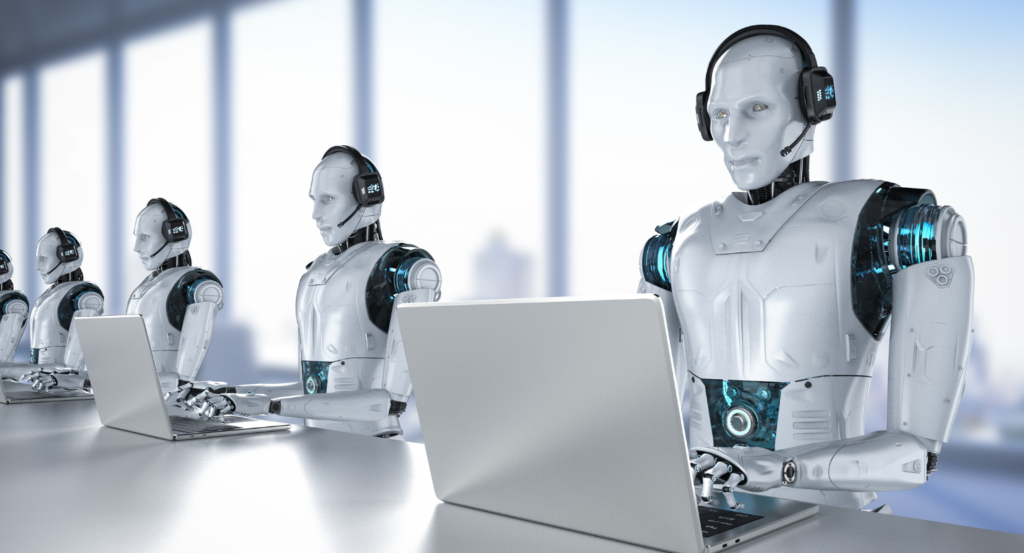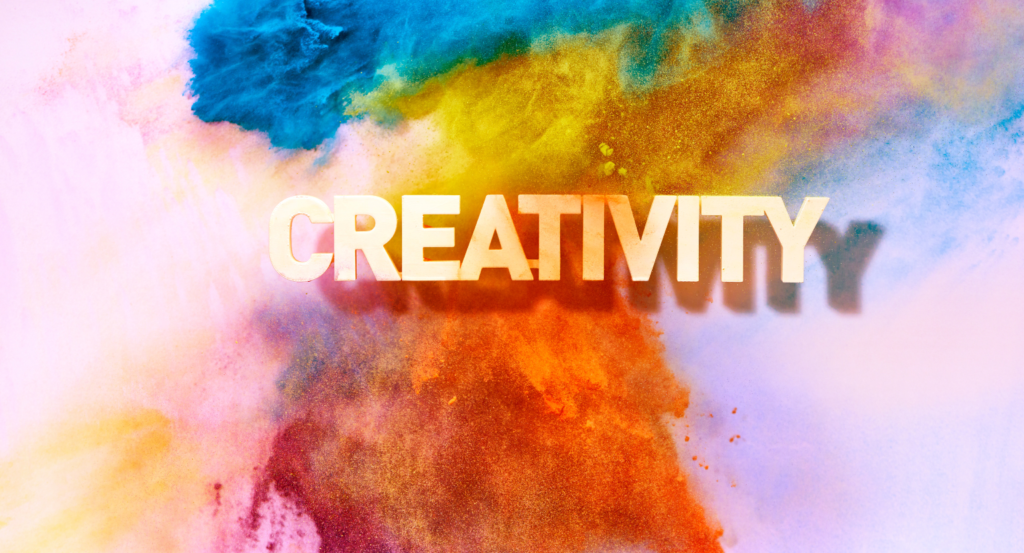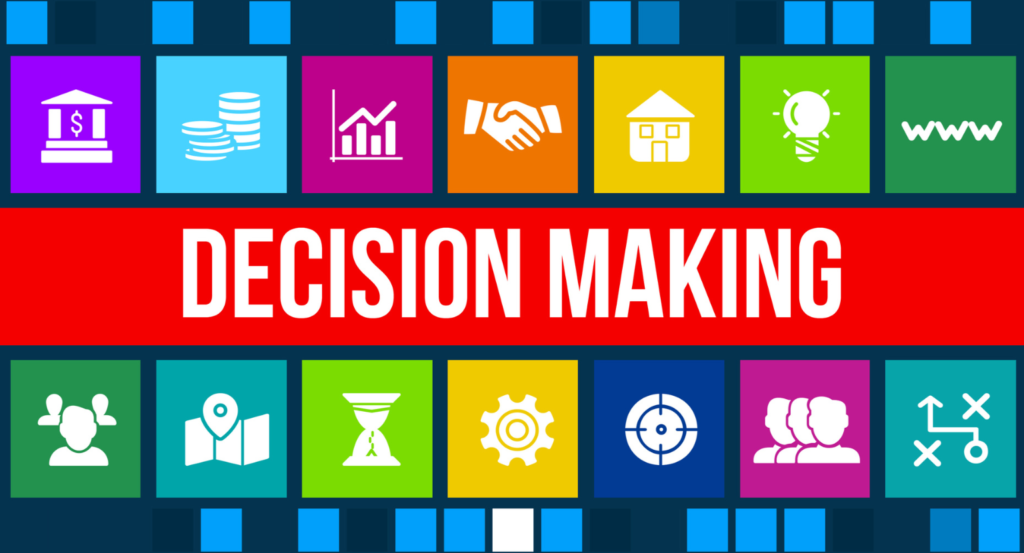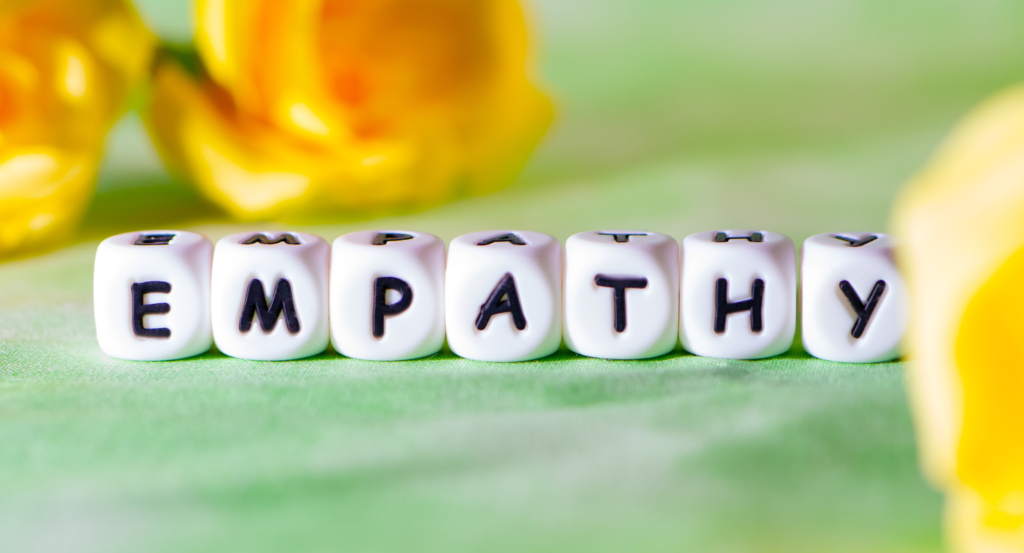5 Most “Irreplaceable” Occupations in the ChatGPT Era

ChatGPT
What is ChatGPT? Whose job did it replace? Since the Artificial Intelligence (AI) chatbot “ChatGPT” was opened to the public, it has attracted more than 1 million people to use it. ChatGPT is an extension of the natural language processing (NLP) model “GPT-3” developed by OpenAI. It can analyze and understand the meaning of the input text through a large amount of data, and judge the context to generate a corresponding and coherent response. The use of ChatGPT has aggravated people’s sense of panic that labor will be replaced.
Everyone wants to get a stable job, because the more stable the job, the fewer fluctuations in the job, and the more energy you can devote to your work, the better results you can achieve.
In addition, the age of AI arrived. You think your competitors are humans, but in fact, it is robots who really covet your job. If you haven’t realized it, within two years, you will be killed by AI.
In order to avoid this from happening, we must be careful when choosing a career. For these three occupations, there is no need to worry about being replaced by AI in the next 20 years, the wages are high and the future is promising, and most importantly, there is no need to worry about unemployment.
1. Work with strong creativity
ChatGPT

AI is indeed very powerful and seems to be omnipotent, but after all, they are created by humans, with strict program control, and the most lacking is creativity. Unless one day AI derives autonomous consciousness, then the work of human creativity will never be replaced by them.
There are many jobs with strong creativity, such as writers, copy editors, directors, screenwriters, designers, engineers, painters, animators, etc. These jobs are not too difficult, but they all have one thing in common that is, they need inspiration and creativity. This is the unique ability of human beings, and it is the fundamental difference between us and all things in the universe. Since AI is controlled by algorithms, they are very powerful in calculations and repetitive operations, but they cannot generate inspiration and creativity. Therefore, we don’t have to worry about being replaced in this kind of work.
Nowadays, the demand for creativity in society is increasing, the prospect is very good, and the salary is high, so it is a good career choice.
2. The work of in-depth communication with people
ChatGPT

As mentioned earlier, we can hear that the telemarketer is an AI rather than a human being. The fundamental reason is that the other party’s words are fixed, and they are carried out in a set order. Human communication is free and unrestrained and can be adjusted at any time according to changes in the communication object’s answer, expression, and posture, which not only makes the other party feel comfortable but also achieves one’s own goals.
Communication jobs cannot be replaced by AI, such as teachers, sales, nurses, psychotherapists, etc. The essence of these professions is communication, and the objects of communication are diversified, and it is necessary to “read dishes and order dishes”, which is something that “dead-brained” AI will never be able to do.
In modern society, communication ability has become the hard power we must have. We must learn more to improve our ability in this area so that we can go further and further in the workplace and be irreplaceable.
3. Decision-making work
ChatGPT

Decision-making not only requires a lot of professional knowledge, but also needs to be adjusted in light of changes in the external environment, and sometimes even “anti-human” decisions are made. And AI is controlled by the underlying program, and will never be able to achieve such complex decision-making capabilities.
There are also many decision-making jobs, such as investors, managers, doctors, lawyers, industry experts, etc. The critical moments of these occupations are determined by individual decisions, which not only require a lot of experience and professional knowledge but also take into account the ever-changing external environment. Adapting to changes is the norm, and it is irreplaceable for AI.
4. Empathy
ChatGPT

AI does not have the feeling of “empathy” such as “sympathy” and “caring”. It cannot realize real interaction with human beings in terms of emotion, and cannot bring care to others.
5. Dexterity
ChatGPT

Some precise and complex physical tasks, such as dexterous hand-eye coordination, cannot be performed by AI and robotics. In addition, AI has difficulty coping well with and performing tasks in unknown or unstructured spaces, especially spaces it cannot observe.
Are there survival strategies for human beings who encounter AI ChatGPT threats to work?
3R’s to save your career
In the ChatGPT era, how should working people deal with it? Three Survival Strategies The three R’s are abbreviated in English: Relearn for secondary learning, Recalibrate for secondary definition, and Renaissance for secondary revival.
1. Relearn – secondary learning
ChatGPT

Sound the warning now, wake up those on the brink of unemployment, encourage initiative, and relearn. The good news is that there are plenty of human jobs that AI can’t do, especially those that require creativity, complex craftsmanship, and social skills, and rely on humans to operate AI tools. We advocate that people actively invest in secondary learning, master the (new) skills for this type of work, and prepare for the new work scenarios under the new AI economy.
Vocational training institutions need to reset courses as soon as possible and increase training subjects for sustainable employment in the AI era; the government can provide incentives and subsidies for this training; companies can refer to programs similar to Amazon’s career choice plan and set up special funds to subsidize employees to participate in vocational training. The reengineering training project helps employees apply for professional qualification licenses such as aircraft maintenance technicians, computer-aided designers, and medical nurses.
It is worth noting that with the growth of wealth and the extension of life expectancy, people-centered service work will become a rigid demand of society, and its importance and demand will rise with the tide. In the past, this kind of caring profession has been neglected in society, and the salary is generally low, but in the future, these “people-oriented” professions will become the cornerstone of the new AI economy, and it is worth more people to consider it through secondary learning.
In addition, it is foreseeable that once the era of automation comes, society will need a large number of volunteers to provide hotline consultation for the unemployed to help them solve the doubts and difficulties encountered in the process of workplace transformation, relieve psychological pressure, and avoid unemployment due to unemployment to the greatest extent. resulting in social problems. These volunteers should also receive reasonable remuneration and social recognition.
2. Recalibrate – secondary definition
ChatGPT

In addition to relearning professional skills, we also need to combine various AI tools to readjust the “human-machine collaboration” model of the workplace. Therefore, we need to redefine the working methods and even the content of many occupations.
The information revolution has completely changed the way people work in just a few decades. Using various software on computers is a common human-machine collaboration mode today. In the era of AI, all walks of life will “evolve” towards a more intelligent direction: AI can measure and calculate the results of sand table deduction under different conditions; it can quantitatively display the optimal solution of work tasks through the calculation of massive data; it can assist different industries to optimize workflow and complete daily repetitive tasks.
When we redefine some occupations and fully combine the human nature of “people-oriented” with the technical advantages of AI’s optimization, many jobs will be reshaped and many new jobs will be created. In the human-computer collaboration in the AI era, AI and humans have a reasonable division of labor and each exhibits their strengths. AI can intelligently and efficiently undertake various repetitive tasks. As a result, human practitioners can spend more time on tasks that require warmth, Creativity and strategic work at the humanistic level, resulting in a cooperative effect of 1+1>2.
The rise of AI has also created many new occupations. At present, there are AI engineers, data scientists, data labelers, and robot repairers. We should always pay attention to the emerging occupations emerging in the process of AI’s new economy, ensure a timely grasp of the employment situation, and pay attention to relevant vocational skills training.
3. Renaissance
ChatGPT

With proper training and desirable tools, we can look forward to another “Renaissance” – a new peak of human passion, creativity, and humanity, spawned by AI.
AI visual tools will become powerful assistants for painting, sculpture and photography artists, who can create and improve their works according to their instructions. AI text tools can assist novelists, poets, and journalists to inject new inspiration into writing. AI can help teachers correct homework and test papers, allowing teachers to save time and energy to design brand-new courseware, so as to stimulate students’ curiosity, and creativity, and cultivate students’ critical thinking; standardized knowledge (information) allows teachers to spend more time on personalized interactions with students so that they can become educators in the AI era.
AI is not only a product of scientific and technological progress but also a sharp tool to help human progress and self-improvement. Looking back at human history, the past industrial revolutions, while promoting the progress of human society, were also alienated to varying degrees into the “trolley problem” in their respective eras.
The final results of the previous industrial revolutions also tell us the best answer to the “trolley problem”: technology is neutral, and its use depends entirely on the user himself. On the one hand, we need to let the public better understand the short-term pains and long-term benefits brought about by AI; Only in this way can we gradually cultivate a responsible and rigorous attitude in the process of embracing the advancement of AI technology such as ChatGPT, so that AI can truly benefit mankind.



